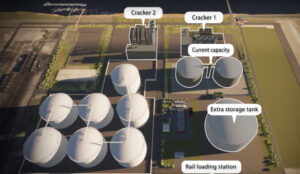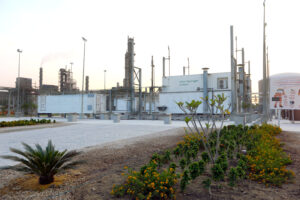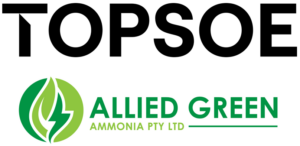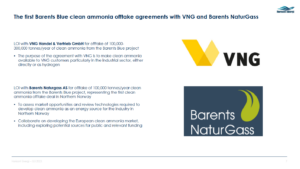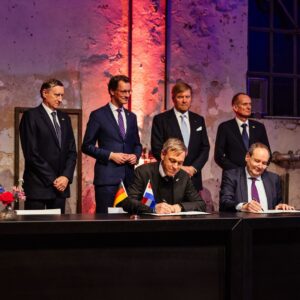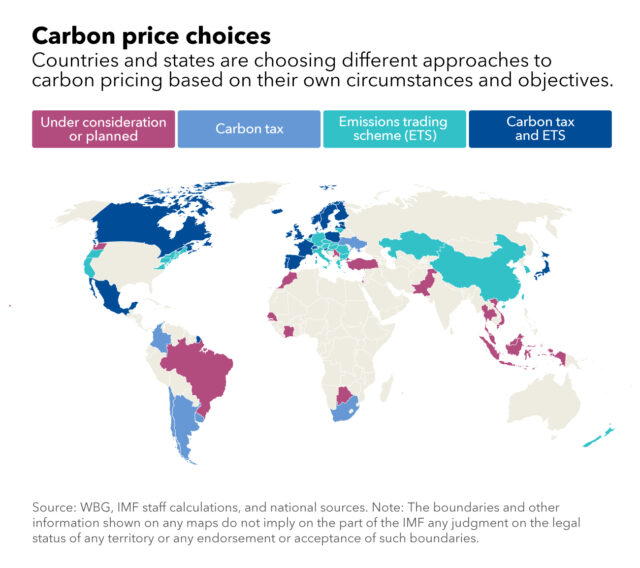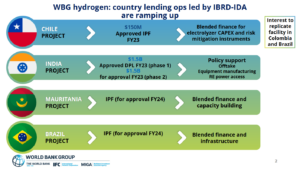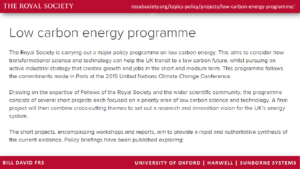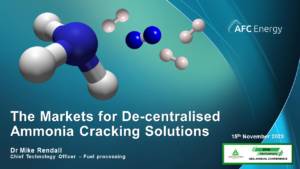New terminal infrastructure for ammonia energy imports: Japan, Netherlands & Africa
IHI & Vopak will explore the development and operation of large-scale ammonia terminals in Japan, focused on the cost-effective distribution of ammonia imports. In the Netherlands, Proton Ventures reports that work on the conversion of Vesta Terminal’s existing site into an ammonia import hub is on schedule for FID to be made by 2024. And in other Proton Ventures news, the organisation has been awarded a FEED contract with Geldof to develop an ammonia terminal in Western Africa.
